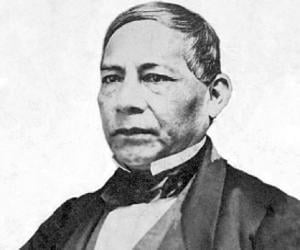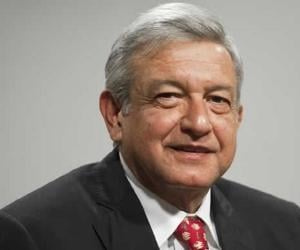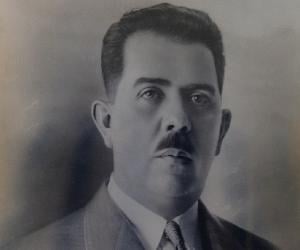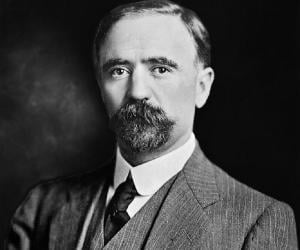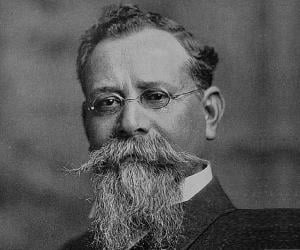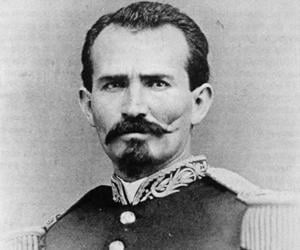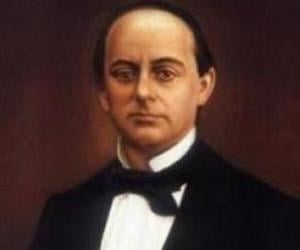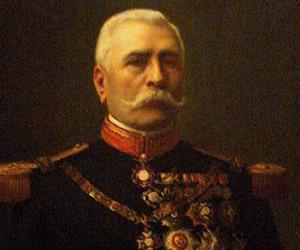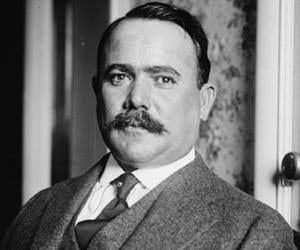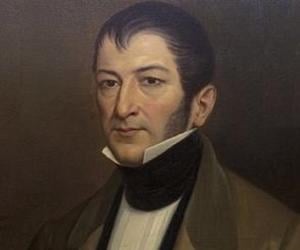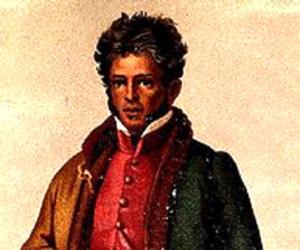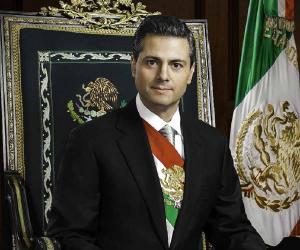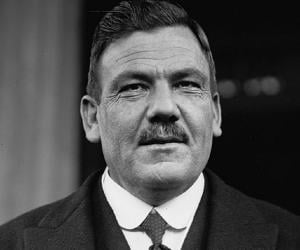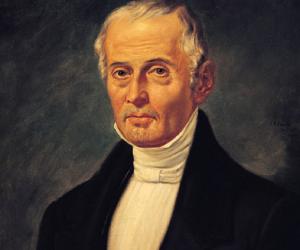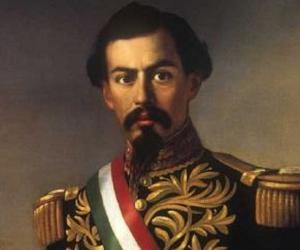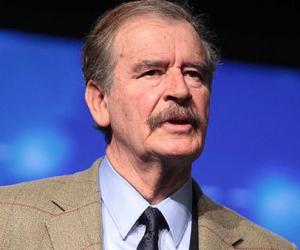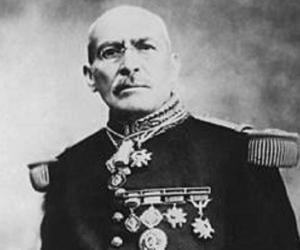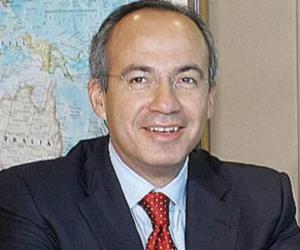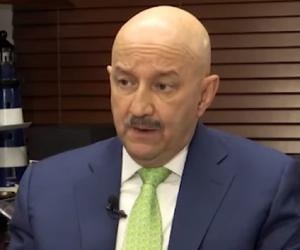1
Benito Juarez
(Lawyer, Politician)
Birthdate: March 21, 1806
Sun Sign: Aries
Birthplace: San Pablo Guelatao, Mexico
Died: July 18, 1872
Benito Juárez was a Mexican politician, military commander, lawyer, and statesman. He served as the 26th president of Mexico and was the first indigenous president of the country. Juárez held various federal positions including Secretary of the Interior, Secretary of Public Education, and President of the Supreme Court. He led the Liberals to victory in the Reform War and the Second French intervention in Mexico. Juárez was known for his advocacy of civil liberties, equality before the law, and the strengthening of the Mexican federal government.
